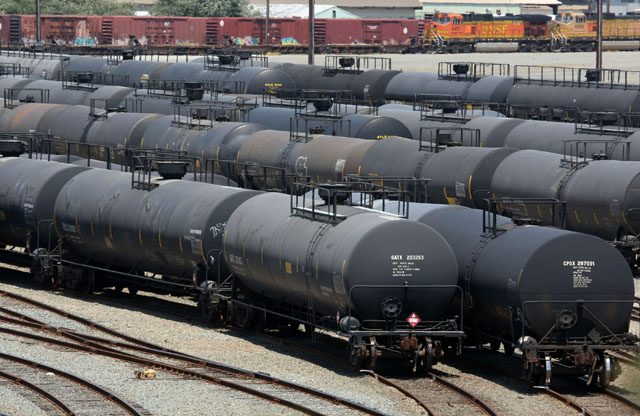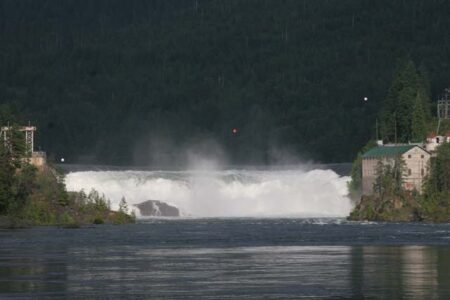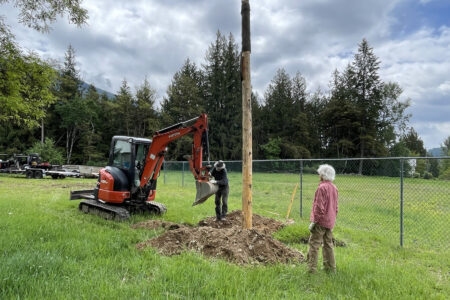Transporting oil and gas by pipeline in Canada is 4.5 times safer than transport by rail
Transporting oil and gas by rail in Canada is a lot more risky than moving it by pipeline, concludes a new study released today by the Fraser Institute, an independent, non-partisan Canadian public policy think-tank.
Utilizing newly compiled data from Canada’s Transportation Safety Board (TSB) and Transport Canada, the study, Safety in the Transportation of Oil and Gas, finds that the rate of occurrences (incidents or accidents) per million barrels of oil transported is more than 4.5 times higher for rail than it is for pipelines for the period 2003-2013.
“Federally regulated pipelines in Canada currently move just under 15 times more hydrocarbons than do the railroads. But with increased production and continued opposition to new pipeline infrastructure, more and more oil is being pushed to rail – a mode of transport which is more likely to experience a spill,” said study lead author Kenneth P. Green, Fraser Institute senior director of natural resources studies.
Between 2003 and 2013 — because of larger transport volumes — pipelines did experience more occurrences compared to rail (1,226 versus 127). But, according to the TSB, the vast majority (99 per cent) of those incidents or accidents did not damage the environment.
Specifically, 73 per cent of pipeline occurrences resulted in spills of less than 1m3 while 16 per cent didn’t cause any spill whatsoever.
More importantly, most occurrences (83 per cent) didn’t happen in transit, they happened in facilities (ie: compressor stations, processing plants and terminals) which are more likely to have secondary containment mechanisms and procedures.
“A telling statistic comes from Natural Resources Canada which notes that between 2011 and 2014, 99.999 per cent of crude oil and petroleum products sent by federally regulated pipelines arrived at their destination safely,” Green said.
The study also references the mounting literature about the pipeline safety in the United States. Established research in that country suggests that moving oil by non-pipeline means (rail or truck) is linked to a greater likelihood of spills and injury to oil transport workers.
“In both Canada and the United States, rising oil and natural gas production necessitates the expansion of our transportation capacity,” Green said.
“The decision of which mode of transport should be used is a simple one. It should be the safer one; it should be pipelines.”
The Fraser Institute is an independent Canadian public policy research and educational organization with offices in Vancouver, Calgary, Toronto, and Montreal and ties to a global network of think-tanks in 87 countries.


























